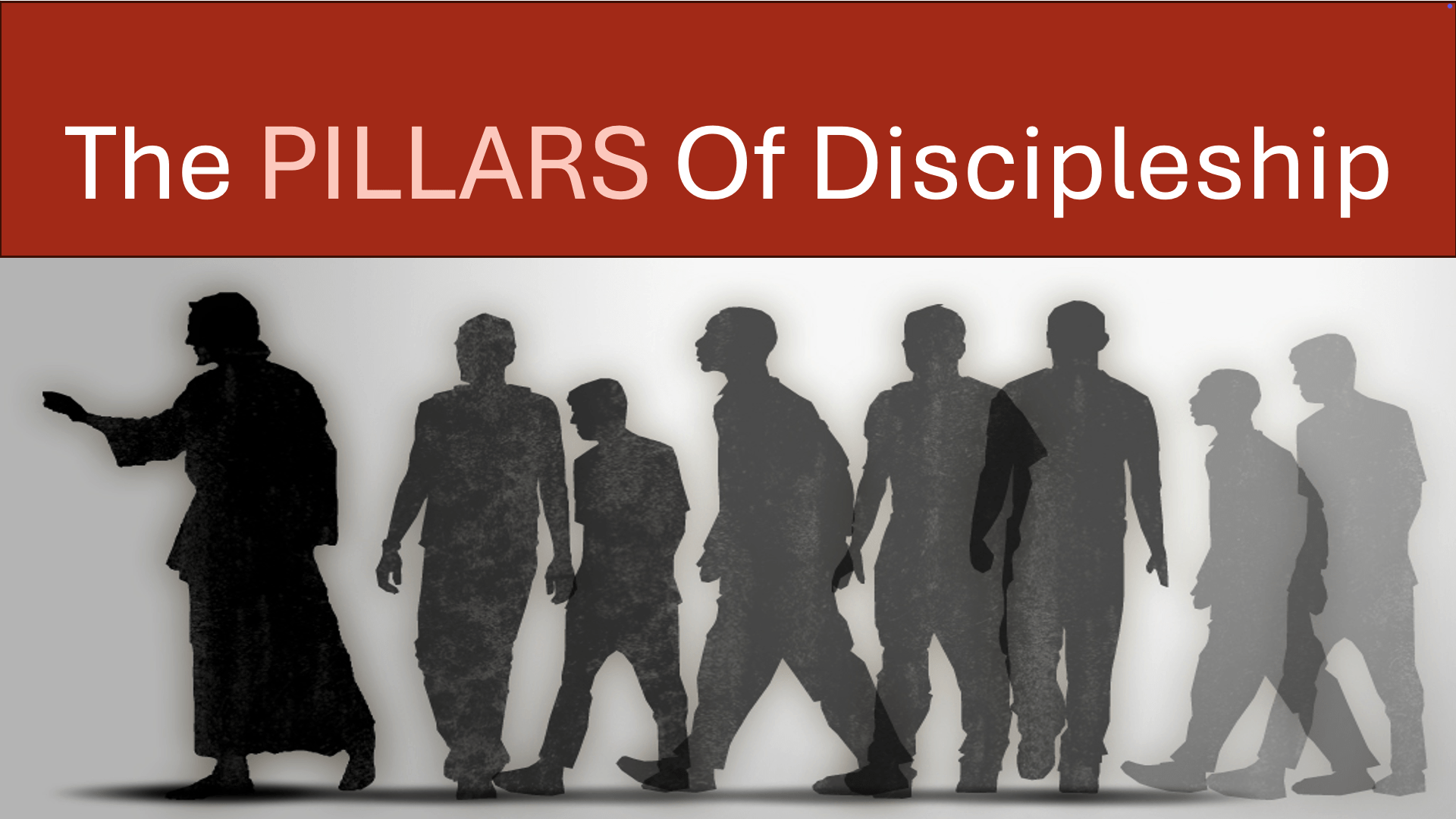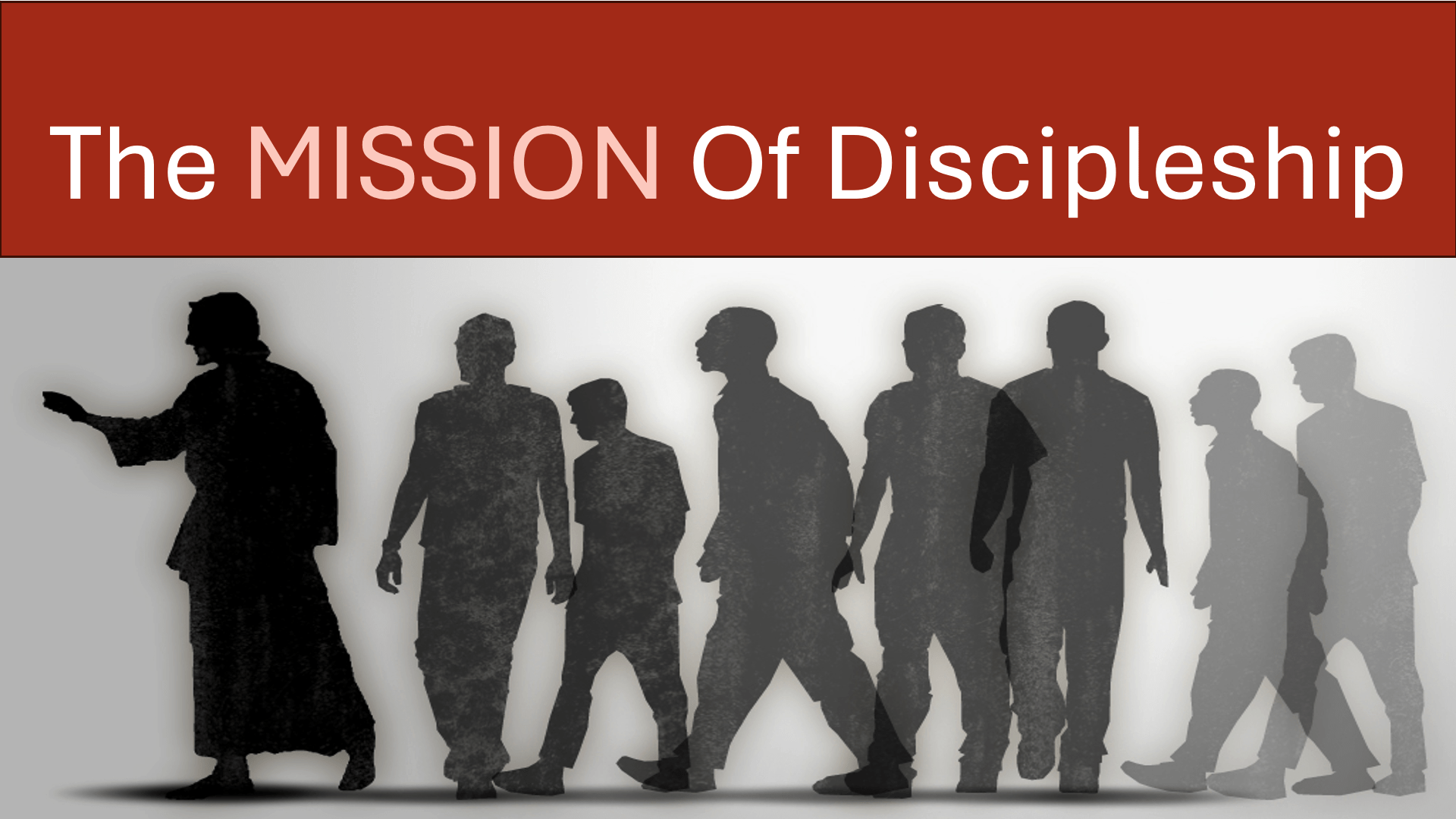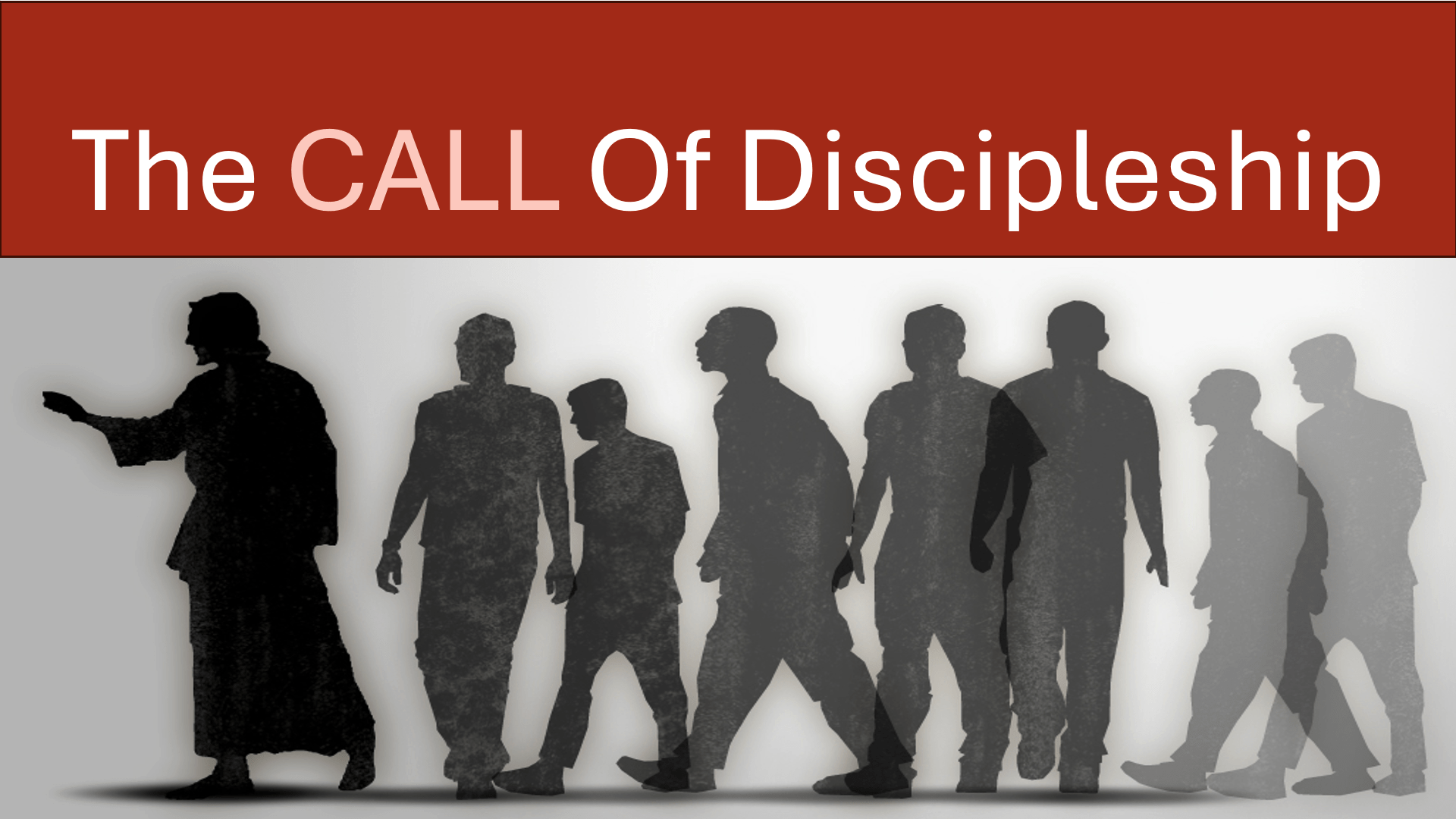Downloadable:
Text: It’s common for sin to always be blamed for why people suffer today. That is, if someone suffers, others may claim that it is because he/she have some sin in his/her life that God is punishing him/her for. However, while suffering only entered this world because of sin and is ultimately to blame for suffering, it is not true that everyone who suffers has unforgiven sin in his/her life. In fact, the Bible gives several examples that demonstrate sin is not always the direct cause behind why someone may be suffering.
1) Job. God knew Job was a righteous man (Job 1:1). In fact, God even told Satan about Job’s righteousness (Job 1:8). Yet, as a test of Job’s faithfulness, Job experienced some terrible suffering (Job 1-2). Even Job’s friends saw that Job’s suffering was very intense (Job 2:13). Seeing Job’s great suffering, these friends began accusing Job of sin, saying that sin must have been the cause of Job’s suffering (as a punishment from God, see Job 4:7-11). However, sin in Job’s life was not the reason Job suffered in these ways.
2) A blind man. In John 9, Jesus’s disciples asked Him about a blind man they saw as they were passing by. Specifically, they asked Jesus whether it was he or his parents who had sinned so as to cause his blindness (verse 2). Jesus responded that neither had sinned (i.e. neither his nor his parents’ sin was responsible for his blindness). Rather, Jesus said this happened so that God’s works might be displayed in him (verse 3) – and Jesus proceeded to heal the blind man to give him sight. So, his blindness was not a punishment for sin.
3) Paul. After Paul and others had experienced shipwreck, they arrived safely on the island of Malta (Acts 28:1-6). While they were there, the locals were very kind to them. When Paul gathered a bundle of wood for the fire, a viper came out of the wood and fastened on to Paul’s hand. Paul shook the snake off into the fire and experienced no harm. When the native people saw this, they concluded Paul was without a doubt a murderer and justice would not allow him to live – as they expected his hand to swell up or for him to suddenly fall down dead. But, when this did not happen, they changed their minds and said he was a god. So, while they believed this happened because of some wicked thing he had done, this was clearly not the case.
4) Jesus. Even though the others we discussed did not suffer directly because of unforgiven sin in their lives, they had at least all sinned at some point (Romans 3:23). However, Jesus suffered greatly – and never committed sin at any time. 1 Peter 2:21-23 makes it clear that Christ suffered, yet that He did not commit sin. Although Jesus’s suffering was still due to the sin other people committed, it absolutely was not due to His own sin.
5) Many things can be behind why people suffer today. We have seen several Bible examples that demonstrate sin is not always directly to blame when people suffer. In fact, the Scriptures demonstrate that several things can cause suffering. This includes God allowing our faiths to be tested, time and chance, the evil decisions others make, etc. So, while we certainly can suffer as a direct result of some sinful/foolish decision we make and God does discipline His children, this does not explain every time people suffer.
We must be very careful in the judgments we make whenever we or other people suffer. Don’t rush to conclude that someone is suffering because of some sin he/she has committed. Although people should always evaluate themselves when they suffer to make sure there is no unforgiven sin that must be corrected, there are other reasons why people suffer. And, we must also recognize that we will not always understand why we suffer. However, if we will be faithful to God, we can know that He will reward us one Day and our suffering will end!



